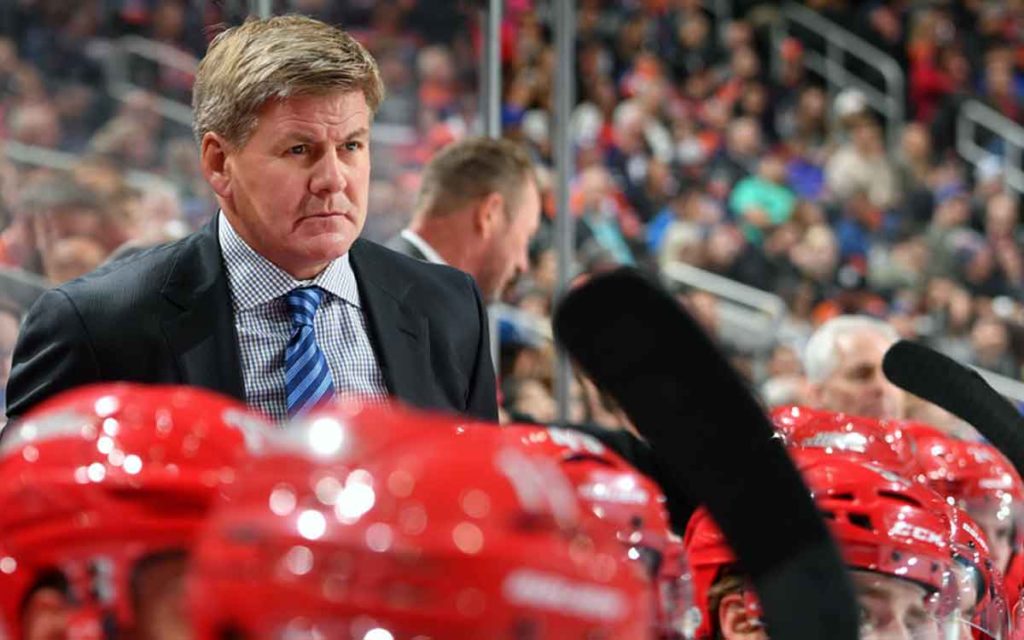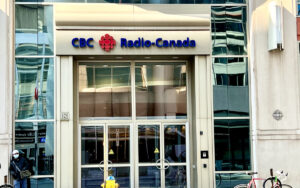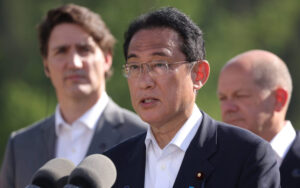
Calgary Flames head coach Bill Peters resigned after racial slur allegations.
Being brash, outspoken, opinionated and never afraid to offend is an outmoded communication style when it is not balanced by, and compliant with codes of conduct, anti-violence, anti-harassment and anti-discrimination policies or parties’ legal obligations.
In the professional sports context, the fact that the employees or volunteers are providing the service of “entertainment” or “coaching” in a public facility such as a sports arena or stadium does not permanently place them in the pocket; they will be required to fully defend their comments and actions or be at risk of getting sacked.
There are multi-faceted human rights obligations of persons who provide the service of coaching or sports entertainment, or, who provide the sport facility. In addition to ensuring that they have a respectful workplace that protects the human rights of its employees (e.g., coaches and staff), employers are also responsible for ensuring that their provision of such services or facilities, including by its employees for whom they are in most circumstance vicariously liable, is respectful and in full compliance with its human rights, accessibility and occupational health and safety obligations as they relate to the players, parents, spectators and other visitors. As such, any racist, sexist, ageist or other discriminatory, harassing or violent comments or conduct must be addressed, and as appropriate to the circumstances, subjected to corrective action, sanctions or penalties.
An additional layer are those obligations put in play by sports associations, that is the governing body of each sport. These associations require mandatory membership and that members be in good standing in order to participate at any level in the sport they govern. These associations have policies that require all coaches, trainers, managers, officials and anyone else that may be a risk to players and/or other members to be subject to certain criminal records checks, such as Vulnerable Sector and Sex Offender checks. These associations also have respect in sport policies and/or codes of conducts for coaches, volunteers, members and spectators – including parents, as well as disciplinary procedures under them to ensure all such persons are not “off side” in their conduct in relation to employees, players, other members or the public. For example, the Ontario Hockey Association has its Respect in Sport Prevention Program, which is an on-line abuse, bullying, harassment and neglect prevention program for coaches and community leaders. The Ontario Football Alliance has its coach training programs, codes of conduct for coaches, players and spectators as well as its Harassment Policy, which is a zero-tolerance policy committed to providing a sport and work environment where all persons are treated with respect and dignity and have equal opportunities.
What does this all mean in relation to coaches and coaching techniques? More and more the manner in which a coach coaches and interacts with others they come into contact with while they are coaching is under scrutiny. The “old school” style of coach who is hot tempered, yells a lot, throws things or humiliates their players physically, emotionally or verbally in order to “motivate” their players, need to learn from a new playbook or find themselves in the penalty box, benched, or worse. In addition to the provision of service issues discussed above, arenas, stadiums, gyms and locker rooms are coaches’ workplaces plain and simple. As such, coaches must conduct themselves and be accountable for their actions under their employers’ policies, procedures and codes of conduct the same as any other employee. This is regardless of their past successes and whether their coaching styles have seemingly been effective.
What does this all mean for parents and spectators? Parents and spectators that yell derisive comments about the opposing team’s players or the referees’ officiating their children’s games will find themselves, as appropriate, ejected from the game or banned from attending the facility, particularly where such conduct is in breach of the sports association’s respect in sports policies, codes of conduct or constitutes workplace violence for coach, referee or a bystander.
Culturally and legally the norms of what is and isn’t acceptable conduct changes. Don’t be blind-sided by the fact that the defences of “I’m old school” or “I’ve also acted this way” is never valid in relation to policy violations or breaches of standards of conduct.

Sheryl L. Johnson brings a proactive, creative, and vibrant attitude to her labour, employment and human resource law practice. Sheryl has extensive experience in representing clients in both the provincial and federal jurisdictions on all matters relating to employment and labour law, including for example construction labour law, employment related civil wrongful dismissal, human rights, and labour board litigation; privacy, governance, statutory and regulatory compliance, and executive compensation matters; as well as conducting workplace training and workplace investigations. Sheryl is also an avid educator and writer, including authoring a bi-weekly business column in The Niagara Independent and the text: Sexual Harassment in Canada: A Guide for Understanding and Prevention. Sheryl enjoys in her free time giving back to the Niagara community. She is a member of the WIN Council, Chair of the Board of Directors for the Niagara Jazz Festival, Vice-President of the Board of Directors for the YWCA Niagara Region, Secretary of Big Brothers Big Sisters of Niagara Falls Board of Directors, a board member of the Niagara Home Builders Association, and a board member of the Women in Construction group of the Niagara Construction Association.
You can connect with her on LinkedIn or contact her at sljohnson@sullivanmahoney.com.




















